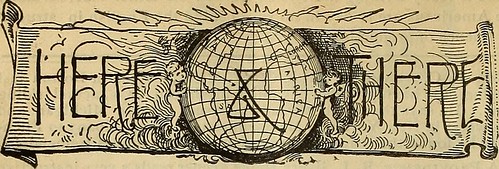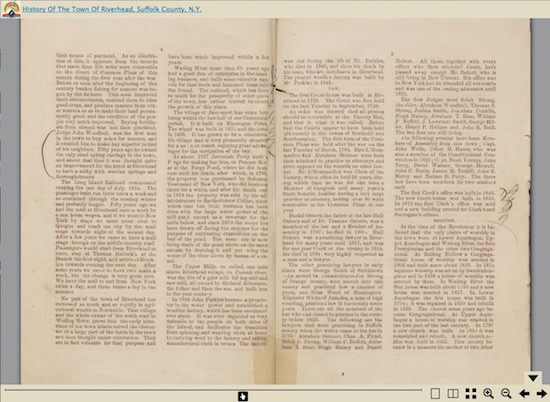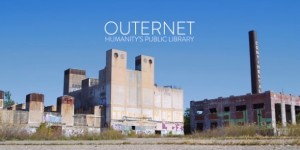Next week is the third annual Aaron Swartz Day (2013, 2014), a celebration and Hackathon which takes place at the Internet Archive on November 7th. Please consider joining us. More information about this year’s events can be found here. We have a lot of good news on our end.
Author Archives: Jessamyn West
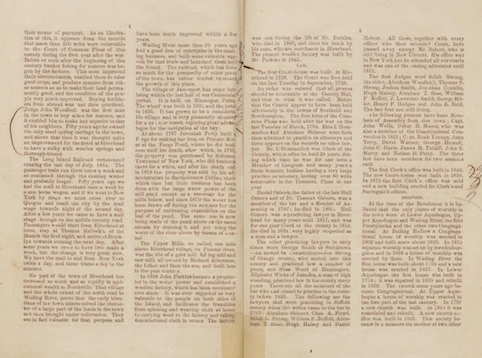
Digital PML uses BookReader to enhance access to local collections
“We’re writing to let you know that we are proud and grateful users of the Internet Archive BookReader software on our new repository of digitized materials, Digital PML”
So great! For other institutions that would like to use the BookReader can read through this documentation to help you get started.
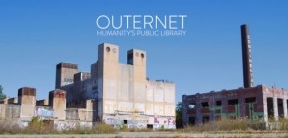
Open Library heads to the stars
We are excited to announce that the Open Library metadata, pointing to the growing collection of content housed by Internet Archive, has been selected for inclusion in the core archive of Outernet. If you are not familiar with Outernet, they’re calling themselves Humanity’s Public Library and they want to increase access to information for people around the world. Read more here (they’ve got a funding thing happening as well). In their own words…
Open Library Scheduled Hardware Maintenance
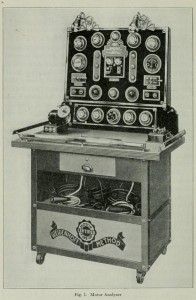
Image from Automobile maintenance by Ray F. Kuns
Open Library will be down from 4:30PM to approximately 5:00PM (PST, UTC/GMT -7 hours) on Thursday November 20, 2014 due to scheduled hardware maintenance. We’ll post updates here and on @openlibrary twitter. Thank you for your cooperation.
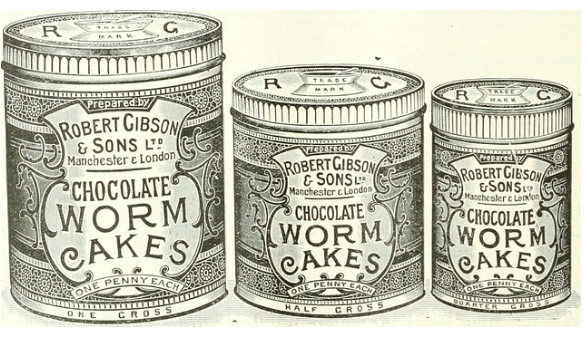
Time travel through millions of historic Open Library images
The BBC has an article about Kalev Leetaru’s project to extract images from millions of Open Library pages.
You can read about how it works…
The Internet Archive had used an optical character recognition (OCR) program to analyse each of its 600 million scanned pages in order to convert the image of each word into searchable text. As part of the process, the software recognised which parts of a page were pictures in order to discard them.
Mr Leetaru’s code used this information to go back to the original scans, extract the regions the OCR program had ignored, and then save each one as a separate file in the Jpeg picture format. The software also copied the caption for each image and the text from the paragraphs immediately preceding and following it in the book. Each Jpeg and its associated text was then posted to a new Flickr page, allowing the public to hunt through the vast catalogue using the site’s search tool.
“I think one of the greatest things people will do is time travel through the images,” Mr Leetaru said.
… or just check out some of the results. Images plus citations plus metadata! We couldn’t be happier. Free to use with no restrictions.

